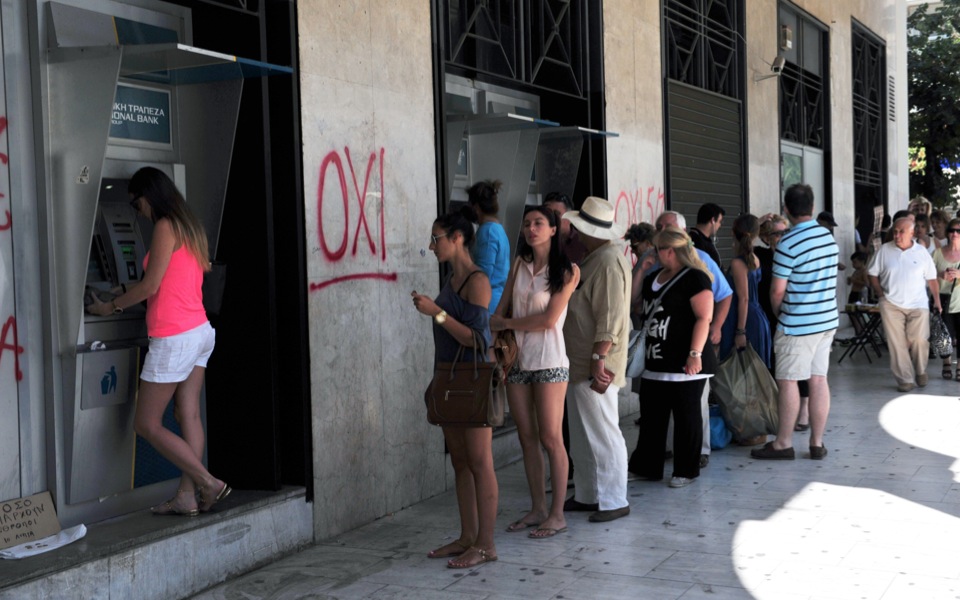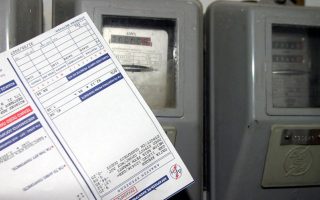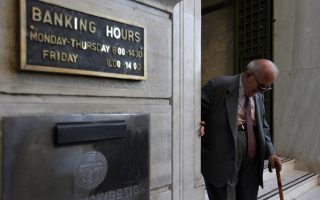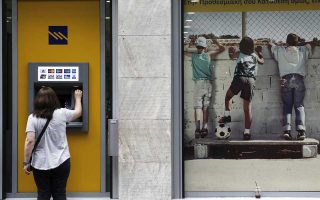Greek economy posts growth in Q2

Greece’s GDP showed better-than-expected growth for the second quarter of 2015, with output 1.6 percent higher than the same period last year. An August 13 estimate predicted an increase in output of 1.4 percent, according to figures released by the country’s statistical service, ELSTAT.
The figures represent the largest year-on-year increase since 2008. The rise has been put down to consumer fears of a deposit haircut, brought on by the referendum announcement and subsequent capital controls.
Fear that their savings would lose value if Greece left the eurozone and returned to the drachma also played a role in driving consumers to invest their money in big ticket purchases and consumer goods. Total expenditure rose 1.1 percent and exports grew 0.1 percent.
According to the data, household expenditure rather than state expenditure was the main contributor to the figures. The evidence for this comes through figures showing increased spending on cars, electronics, household items and furniture after a significant down period.
Year-on-year, car sales jumped by 47.1 percent in April 2015, 27.9 percent in May and 27.1 percent in June. According to those involved in the field, not only did consumers place more orders for cars but they paid off their purchases much earlier than expected, especially in May and June.
The electronic goods sector, which had been in continuous decline, increased 4.2 percent in May 2015 compared to the same month last year.
In contrast, year-on-year gross fixed capital formation fell by 3.3 percent in the second quarter of 2015. Exports of goods dropped 4.2 percent while exports of services increased by 1.6 percent, showing tourism propping up the economy once more.
While the second-quarter figures are encouraging, the forecasts for the full year point to a recession. The figures for the third quarter are expected to reflect the full impact of capital controls, the extended bank holiday and increased unemployment. After an initial boom, car sales fell by 23.9 percent in July. The retail sector in general is bracing for a 30 percent loss of revenue in 2015.
Greece’s creditors foresee the country’s economy contracting by 2.3 percent in 2015 and 1.3 percent in 2016 before returning to growth in 2017 with a surplus of 2.7 percent.





